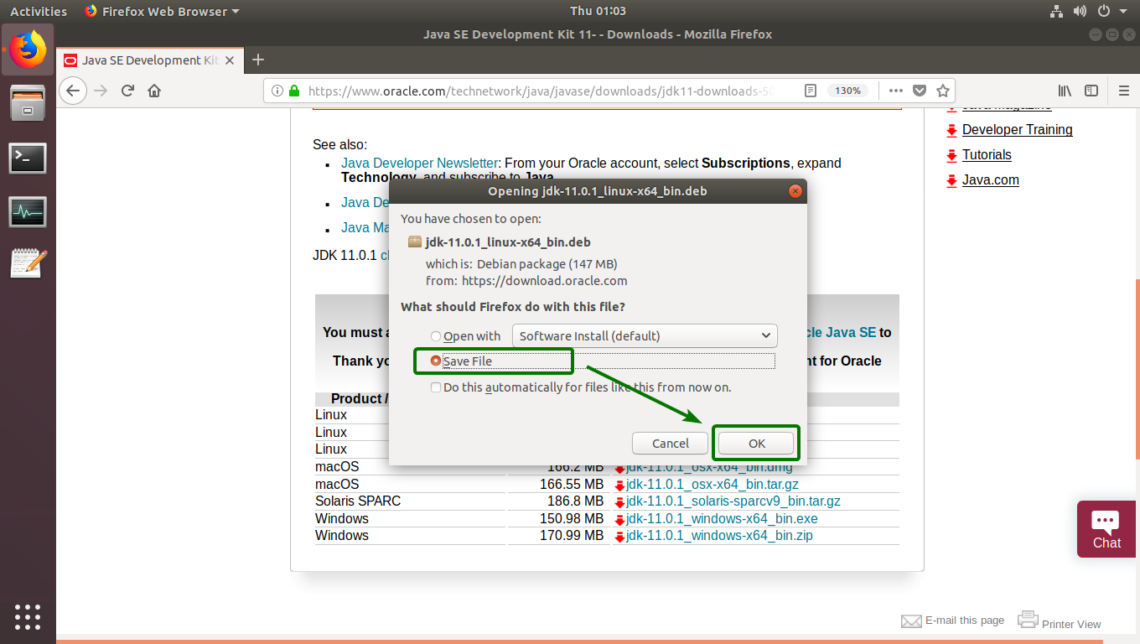

$ sudo update-alternatives -install /usr/bin/java java /usr/lib/jvm/zulu11.41.75-ca-jdk11.0.8-linux_aarch32hf/bin/java 1 Now we have the JDK11 ready to be used, but it still needs to be configured so the OS is aware of it. To get started with Zulu JDK, download and uncompress it to your board: $ cd /usr/lib/jvm But only Azul seems to have one which is a perfect fit for Raspberry Pi’s with an ARMv6: the Zulu community edition of JDK 11. Luckily there are different suppliers providing ready-made packages of the JDK for multiple platforms. The sources for Java are available as open-source on OpenJDK, which means, if you can’t find the correct version for a specific board, it is possible to compile it yourself. Model : Raspberry Pi Model B Plus Rev 1.2 Model name : ARMv6-compatible processor rev 7 (v6l)įeatures : half thumb fastmult vfp edsp java tls If you are not sure which type of board you have, you can check this in the terminal with cat /proc/cpuinfo,įor instance for a Raspberry Pi B+ 1.2: $ cat /proc/cpuinfo Server VM is only supported on ARMv7+ VFP

On an ARMv6 version, you will get an error: $ java -versionĮrror occurred during initialization of VM OpenJDK Server VM (build 11.0.3+7-post-Raspbian-5, mixed mode) OpenJDK Runtime Environment (build 11.0.3+7-post-Raspbian-5) On a board with ARMv7 or ARMv8 you will get this result: $ java -version You can check the installed Java version in the terminal. If you prepared a microSD card with the latest version of Raspbian OS (full version), Java is already installed!

How to check and install Java Check the current version In some cases you will need to do some additional steps to install a Java version which works But this version only works on board-versions with anĪRMv7 or ARMv8. Raspberry Pi OS Full comes with Java 11 pre-installed.


 0 kommentar(er)
0 kommentar(er)
